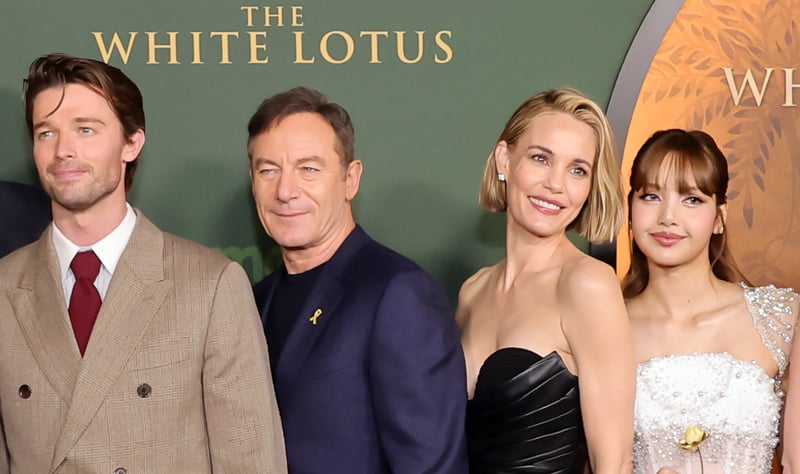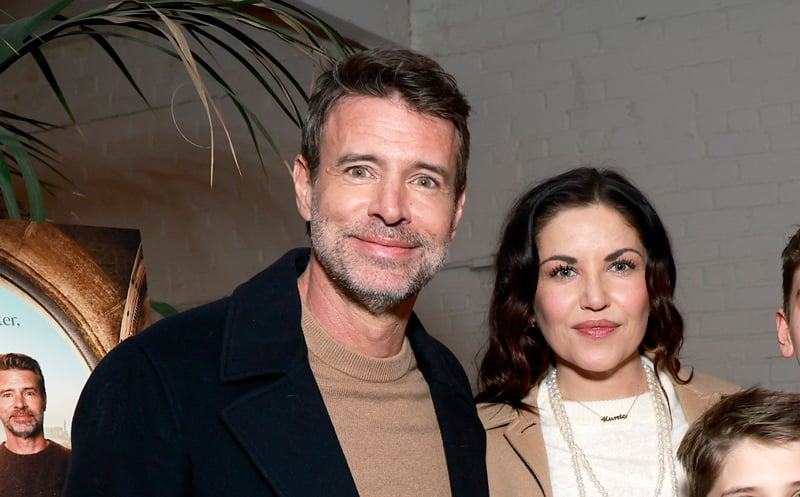ARTICLE AD
Well, that’s gotta hurt.
The National Football League isn’t officially saying anything yet, but the league just suffered a major loss – and we’re not talking about the woeful end of Bill Belichick’s reign at the New England Patriots.
Failing to get the nearly decade long antitrust lawsuit over the lucrative Sunday Ticket package thrown out of court, the Roger Goodell-run NFL is going to trial for potentially $6.1 billion just over a week after this year’s Super Bowl.
Rejecting the NFL’s request to dump the case, U.S. District Court Judge Philip Gutierrez on January 11 ordered the trial over non-competitive practices by the NFL to begin on February 22, to be specific.
Literally and figuratively, the only game in town for the NFL, the trial is expected to last about six weeks. If the NFL loses the case, big part of the blast radius of that costly verdict could be a streaming free-for-all with each of the league’s 32 teams making their own individual deals with various platforms and outlets for in-market and out of market games.
A state of play that would hollow out the NFL as a governing and centralizing organization.
First filed in 2015 when Sunday Ticket was still on DirecTV, the case was certified as a class action over the NFL’s objection by Judge Gutierrez back in February 2022. Pitting the league against its own fans, that class action contains 2.4 million Sunday Ticket subscribers in the residential class and nearly 50,000 bars, restaurants, and other establishments in the commercial class.
Notwithstanding the complex contract law and even more complex business arrangement of the license to print money that is the NFL, at the heart of this case is a contention by plaintiffs from all over the country they were forced to pay inflated prices to the league to watch out of market games on the satellite provider’s Sunday Ticket package. Now shown on You Tube under a 2030 expiring deal reached last year, those gridiron match-ups are not freely available on Fox or CBS in local markets.
“The NFL-DirecTV Agreement prevents telecasts from appearing on more than one channel, reducing the number of games being shown locally as free, over-the-air broadcasts and leaving DirecTV as the only option to view many games,” noted Judge Gutierrez in a nifty summary of the plaintiff’s POV in his ruling this week (Read the judge’s order rejecting the NFL’s attempt to have the antitrust case dismissed here).
Then in a tone that may have brought a chuckle or two to Colin Kaepernick, Judge Gutierrez called the sharp elbowed NFL out.
“Defendants place great weight on the fact that the member clubs are not part of the NFL-DirecTV Agreement,” the LA-based Judge wrote in the 30-page order made public on Thursday. “But this fact is misleading,” he added. “It does not follow that, because the member clubs are not parties to the NFL-DirecTV Agreement, DirecTV and the member clubs are not connected in the overall conspiracy.”
No stranger to litigation as a defendant or plaintiff themselves, the NFL declined to comment on yesterday’s ruling when contacted by Deadline.
Now, with rumors of settlement talks in the air, this could all become moot. Trying to sidestep a big payout, the league may also prove a winner in the U.S. Court of Appeals for the Ninth Circuit. However, with the NFL and all 32 teams in the league as defendants, right now the only thing on the books in this case is that trial date next month.
Getting to this week’s ruling has had as much drama as any NFL playoff nailbiter.
In a case that was first filed when Barack Obama was still President, Judge Gutierrez has seen this matter become a yard-by-yard grind in the downtown City of Angels courthouse. After mountains of filings and hearings, Judge Beverly Reid O’Connell actually tossed the case out in favor of the NFL in the summer of 2017.
Any champagne sprays by the NFL and their lawyers were soon corked.
The Ninth Circuit Court of Appeal got the ball not long after Judge O’Connell’s dismissal, and in October 2019 put the case back on the field. Everything started up again in Judge Gutierrez’s docket in early 2020, as Covid-19 prepared to bring the world to a halt. In early 2021, things really got rockin’ again, with the certification the next year bring the plaintiffs and the NFL to now.
All of which means Super Bowl LVII in Sin City next month may not be the real big game for the NFL this year.

.png) 1 year ago
85
1 year ago
85 

